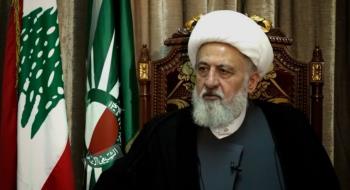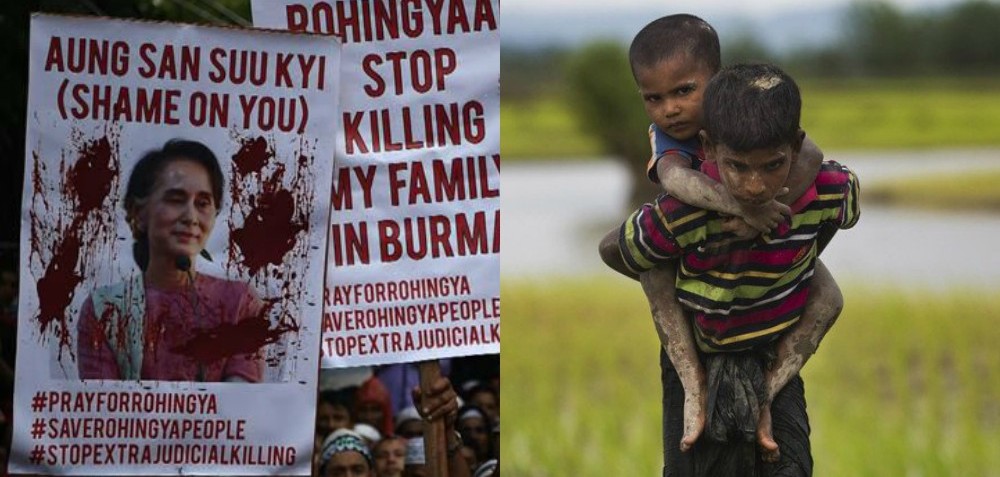Alwaght- The Noble Peace Prize was first awarded in 1901 to Jean Henry Dunant, the Swiss social activist who founded the Red Cross, and Frederick Passy, the French economist who was one of the founders of the Inter-Parliamentary Union and the chief organizer of the first International Peace Congress. The international prize was not only given to the ordinary people so far as among the winners there have been politicians including the heads of state.
The prize for a long time has been subject to the questions by the critics who cast doubt on the qualifications of the various recipients from various countries. Now the diplomatic and academic circles as well as the global public opinion challenge the independence of the prize givers and reject the claims of the prizing process not being politically-influenced.
But why are all these doubts cast on the validity of the Noble Peace Prize drives and the qualification of its recipients over time?
Double standards
One point of the criticism directed against the performance of the Noble Committee revolves around the question as why, except for some numbered cases in which the winners are non-Western persons, the peace prizes are majorly given to the Western figures. Many critical voices assert that the prize givers' performance raises the doubts as why they think that peace is only struggled for by certain groups, classes, nations, and governments. They wonder if non-Western persons and institutions are not qualified enough to be recognized as peace seekers and developers to be awarded the much-vaunted prize.
The critics give many examples to support their questioning of the prize validity for its discrimination against the Eastern peace activists. They, for instance, refer to Mahatma Gandhi who led the independence seeking movement of the Indians to success. Gandhi rose against the British colonialism and obtained India’s independence. He was nominated five times as candidate for the Noble Peace Prize but each time declined to be picked winner. His candidacy came after his death. In 1948, following Gandhi’s death, the Noble Committee declined to award a prize on the ground that there was “no suitable living candidate that year.” This justification for avoiding to honor Gandhi came while the Swedish diplomat Dag Hammarskjold was awarded the prize posthumously in 1961.
From another aspect, the jury's process of determining the winner raises the fact that the third-world prize winners are awarded for their efforts to bring about and solidify peace in their own countries. The rights activists Malala Yousafzai of Pakistan and Nelson Mandela of South Africa are outstanding examples to this category. However, the American and European winners are granted by the Noble Committee for their attempts to find solutions to the global disputes, as if the Western countries need no social improvement and their governments have never launched wars in the modern history of the international relations.
Another issue that makes the critics of the prize unanimous in their antipathetic sense is the impressive fact that some winners not only have not taken any steps towards global peace and equality by acting against violence and war but also they are the enforcers of their country’s violent and criminal acts.
They are not small in number. The former Israeli Primes Minister Menachem Begin and Yitzhak Rabin and Shimon Peres were awarded the prize while , Israeli regime since its foundation in 1948 has been violating the rights of the Palestinians by killing and displacing them. They are also blamed for several regional wars waged by Tel Aviv against the neighboring Arab countries.
Another winner is Henry Kissinger, the former US Secretary of State under President Richard Nixon. Kissinger is recognized for his being theorist for the American national security doctrine in past decades. It was during his time and by use of his instructions that the US, getting help from the Pakistani intelligence services, created the extremist Islamist groups that were raised to fight the Red Army of the Soviet Union in Afghanistan in the 1980s. What the American foreign policy mastermind did was foundation of radical organizations that later gave birth to the most barbaric terrorist groups such as al-Qaeda and Taliban that to date continue to destabilize the West Asia region and the world as a whole.
The former American presidents Jimmy Carter and Barack Obama are other examples. The Noble Committee in 2009 gave the prize to Obama whose Secretary of State Hillary Clinton later in her diary book Hard Choices admitted “we created ISIS and al-Qaeda” to split the West Asia. Many researchers argue that during the Obama's tenure of office, the US application of the collective killing technology of the drones touched its climax, enabling Washington to turn into its global strategy the unprecedented mass killing using guided unmanned aircraft.
Aung San Suu Kyi of Myanmar is another example of unfit Noble Peace Prize recipients. Won the prize in 1991, she is now the State Counselor, a position akin to a prime minister. During the past few weeks the Muslim minority of Rohingya in the country’s western coast state of Rakhine have been slaughtered barbarically in what world describes as “ethnic cleansing” campaign run by the radical Buddhists who have the backing of the army. Suu Kyi has failed to raise her voice against genocide on Rohingya Muslims, nor did she respond to the criticism.
Noble Peace Prize serves Western interests
More focus on the prize discovers another fact: West's instrumental use of it for its own global interests. Commonly, people receive the prize who serve the promotion of the Western doctrine of liberalism and the purpose of impairment of the anti-Western governments and West’s rivals. In 1990, the Noble Committee awarded the trophy to Mikhail Gorbachev, the last president of the Soviet Union whose reform plan shattered the communist Soviet Union and thus rid the West of the biggest challenger to its capitalism.
Another case was President Anwar Sadat of Egypt who was the first Arab leader to recognize and sign Camp David peace accords with the Western-backed Israeli regime. The same prize was also given to Yasser Arafat of Palestine who backed a compromise deal with Tel Aviv that remains occupier of the Palestinian lands. The surprising issue is that these people received their prize solely for the mentioned matters and not for other activities.
All these make it clear that Noble Peace Prize is driven by double-standard and discriminatory motivations, and on other side is taken advantage of to address the West's overbearing and expansionist policies across the world.



























